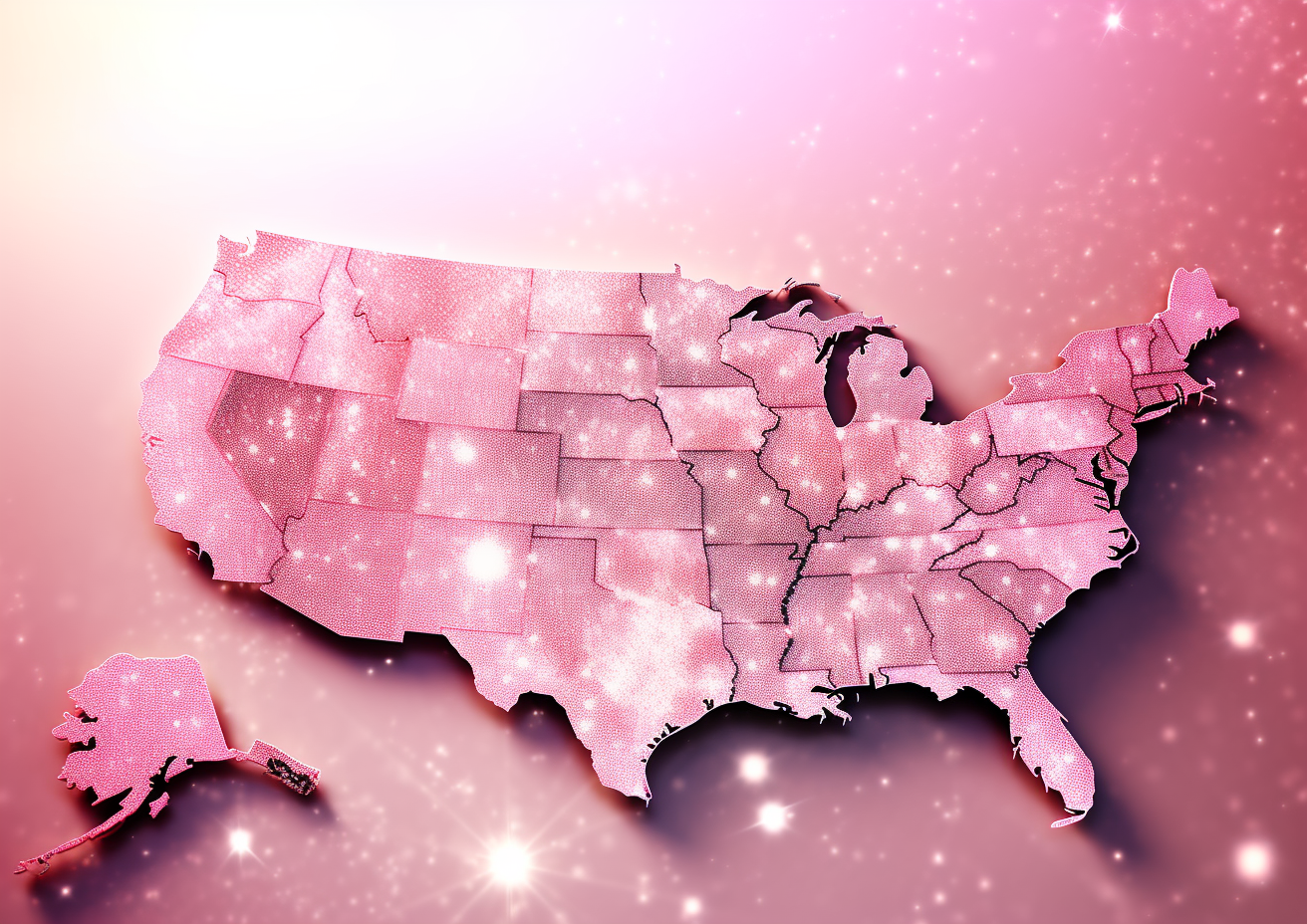
The Barbie Republic
Greta Gerwig’s pop-culture lightning rod is the diagnostic of dunderheaded tribalism we didn’t know we needed.
The biggest regret of my high school years is missing Barbie day in AP Government. It had to have occurred between our units on agrarianism and The Federalist Papers the week I was convinced I had mono. Like the Constitution, Barbie demands an originalist interpretation. She remains vital to the preservation of the republic–more American than apple pie, as important as that rogue cabal of Virginians. But like the rest of our values, Barbie is now under attack. Or so many in conservative media say.
Barbie has remained a fraught cultural product since her debut in 1959. She’s a model of American virtue with a can-do-anything attitude whose unrealistic body type has been a constant threat to feminists. She’s the embodiment of the American Dream with a marketing history that serves as a blueprint for the worst tendencies of woke capital’s tokenism.
There’s a reason that Hollywood has failed to bring Barbie to the big screen for sixty-four years. Now, director Greta Gerwig has put herself in an impossible position. A Barbie movie could not sidestep the doll’s place at the forefront of debates about girlhood. Nor could it retcon Barbie as immutable Americana given the hundreds of dolls Mattel has released in every shade of DEI Crayola. It had to grapple with Barbie’s complicated legacy. And, despite the hot takes from the Right’s cacophony of anti-woke scolds, that’s exactly what Gerwig has done.
A version of the Barbie movie exists in which the titular doll leads a pink pussy hat rebellion against a toxically masculine Mattel CEO standing in for Donald Trump as soyboy Kens expand the flanks. Hollywood has been inching toward such obvious blockbuster allegories over the last few years with a line of dialogue here and a Phoebe Waller-Bridge there. This isn’t it.
Since 2017’s Lady Bird, Gerwig has served as the chronicler of Post-9/11 America’s polarized nostalgia. While nihilism and empty politics would score her easy accolades, she remains rooted in a deep generosity toward her characters (name another filmmaker who could pull off the gentle ribbing of Timothée Chalamet’s Howard Zinn-reading badboy in Lady Bird without making him a caricature).
Consequently, Barbie is not a nostalgia film; its central conceit is that Barbie is ever-changing. Nor is it a satire; its narrative world is far too rich for such single-mindedness. Much to the chagrin of many Right-wing influencers, it’s a character study that successfully melds blockbuster and indie aesthetics to navigate Barbie’s place in our world.
We’ve heard what Ben Shapiro wants us to: Margot Robbie’s Barbie starts thinking about death and journeys to meet her owner in the real world. Ryan Gosling’s dimwitted Ken joins her and decides to turn Barbieland into an evil patriarchy. America Ferrara and her daughter (Ariana Greenblatt) meet Barbie and monologue about what it means to be a woman in the corporate world that Will Ferrell’s goofy Mr. Mattel embodies. Men vanquished. Feminist utopia restored. Barbie gets to see the gyno.
However, Gerwig goes much deeper. Barbieland is no ideal, but a place where empty and inclusive pantsuit mafia feminism has destroyed the male psyche and left its adherents mere pawns who cast off aberrations belonging to less-appealing protected classes (brilliantly embodied by Kate McKinnon as Weird Barbie with her menagerie of misfit dolls Mattel has discontinued). The movie’s real villain is not Ken’s patriarchy but the buzzword-laden education system that leads Ferrara’s daughter to decry capitalism and call Barbie a fascist while putting a wedge between the teenager and her mother.
Those creating drinking games based on the film’s mentions of patriarchy likely missed the moment when Barbie’s creator, Ruth Handler (Rhea Pearlman), tells her the term–like Barbie herself–was invented to make sad people feel better about their human foibles. They also misconstrue the film’s 2001-alluding opening in which girls abandon babydolls for Barbie as a rejection of maternity rather than a conversation about play and adulthood that the film brings full circle with Ferrara’s monologue about how being a mother is more than enough.
No movie in recent memory has meditated on the distinct differences between the sexes while presenting the nuclear family as an institution worth saving yet not absolved of its demons. That Gerwig makes her point with a keen aesthetic sensibility rivaling Spielberg’s staging and worldbuilding exposes the rampant artistic ineptitude audiences on both sides have long excused because a film’s politics are in the right place.
Ultimately, the problem Barbie highlights is not wokeness. It’s that our most vocal culture critics are incapable of seeing a movie that offers a multifaceted interrogation of the issues of our time for what it is. Barbie is for everyone, and Gerwig has reminded us that the cinema can be a site of common ground again if only we’d let it.
